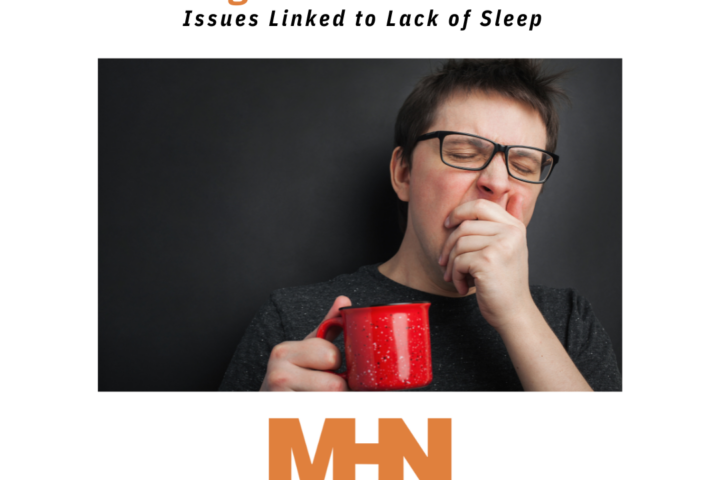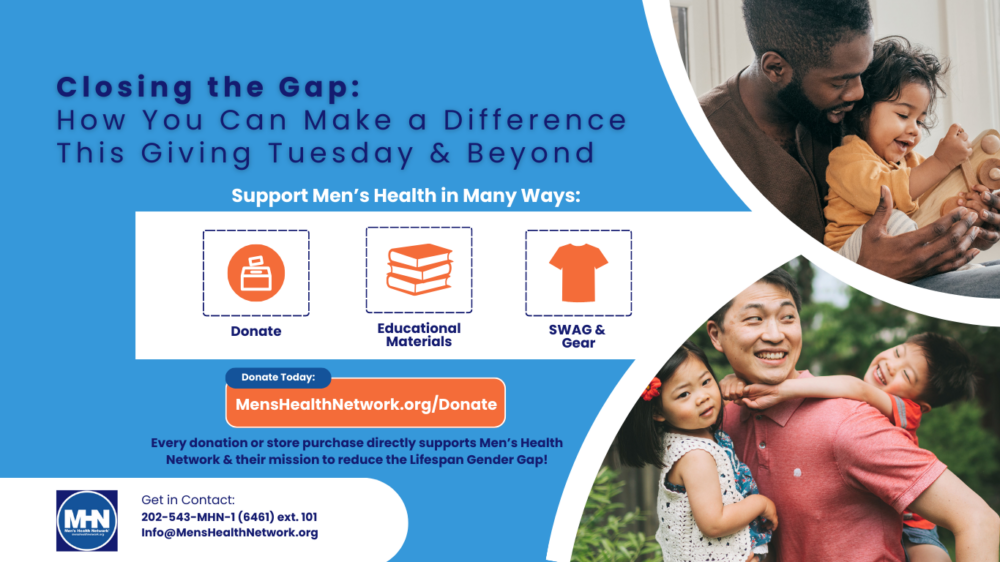Dear Healthy Men: As a wife, daughter, sister, and mother of two boys, I’m surrounded by men. What do I need to know about men’s health?
A: I’ve always maintained that men’s health is a women’s issue, since when men are healthier, their partners become healthier too (along with their children and communities). Here are the basics:
Male-Specific Health Problems
- Testicular Cancer. This is the most common cancer in men ages 15 to 35. Although it can’t be prevented, thanks to improved treatments and diagnostics, it has a very high cure rate if caught early.
- Low T. Testosterone is the most important male hormone, yet millions of men suffer from testosterone deficiency, which, left untreated for too long, is linked with long-term health problems such as loss of muscle mass, low sex drive, erectile dysfunction, inability to concentrate, and even osteoporosis.
- Prostate Problems. This walnut-sized gland produces semen and naturally enlarges as men age. Potential problems include prostatitis and BPH (benign prostatic hyperplasia) which can cause swelling and painful or difficult urination.
- Prostate Cancer. Prostate cancer is a concern for men 50 and older, or high-risk men 40 and older (including African-Americans, men with a family history of prostate cancer, and men exposed to Agent Orange), all of whom should be screened yearly. Caught early, this disease is often treatable.
- Erectile Dysfunction. ED is the inability of a man to get or maintain an erection sufficient for his sexual needs or the needs of his partner. Although ED becomes more common with age, men of any age can suffer from it–and most briefly do at some point in their life. Erectile problems are usually caused by an underlying health problem, such as diabetes, clogged arteries, or high blood pressure. Unfortunately, most men won’t discuss ED with either their partners or healthcare providers. As a result, men feel embarrassed, and women feel that their men no longer find them attractive. So if you want to make love and he says he has a headache, pay attention: it might be something far more serious.
Read the rest of this article at Healthy Men Today.




